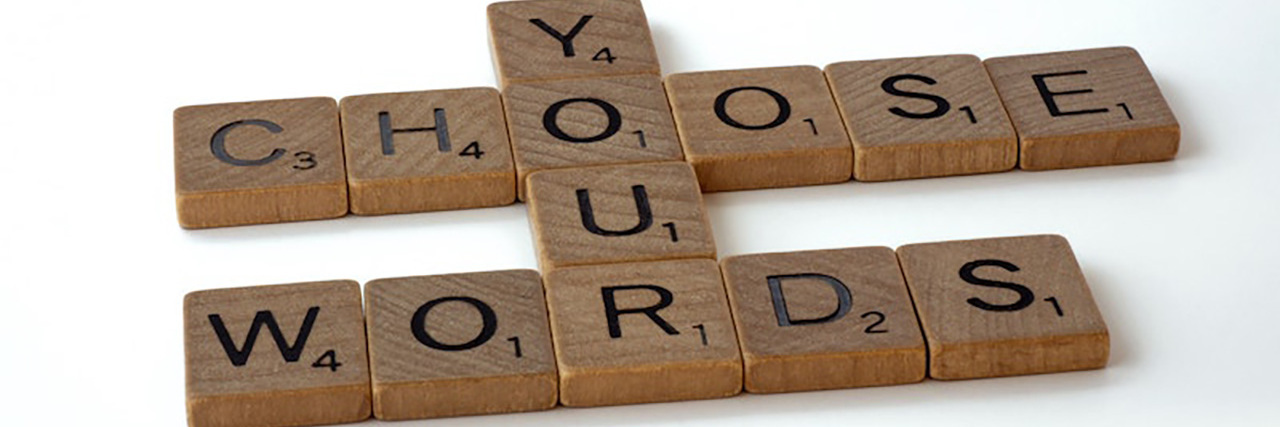As a writer, I know the power of words. I choose my words based on the emotions I want to convey or reactions I want to stir in my reader. While I recognize not everyone places as much value on words, it’s important to remember the words we use, or don’t use, say a lot about who we are and what we stand for.
A school board trustee in Chilliwack, B.C. recently made national news in Canada for his (apparent) lack of awareness of a word he used. In a Twitter rant, he used the “r-word” to describe three local newspaper employees.
Growing up in the 1970s and 80s with a brother who has autism, this is a word I’ve heard way too often. It’s a word that not only hurts my heart, but also brings tears to my ears due to the sheer lack of respect it conveys. Despite having once been used broadly, it, like many other insensitive words, needs to be permanently removed from everyone’s vocabulary.
While the public backlash that accompanied this hateful tweet by an individual charged with overseeing the education system may seem obvious, it has also generated many heated conversations about the power of words.
Reflection of character
It came as no surprise that the man who chose to use such a loaded word so carelessly has a history of using slurs and inappropriate language against other groups. This includes sharing conspiracy theories about COVID-19 and making transphobic comments.
Here’s the thing – the words we use are a direct reflection of our personal character.
Many of us have that family member or friend who uses loaded words and explosive language. You know — that person who everyone rolls their eyes at when they speak and no one really respects. This is the person we all hope isn’t in our work group or sits next to us at the table.
Change your path
In addition to highlighting your character, the words you use are also powerful in predicting your future.
Think about the people around you. Do you know someone who is the victim of every story? Everything always happens to them or it’s someone else’s fault? Hmmm… I wonder what’s in store for their future. Yup, more victimization.
Now, what about the person who is always positive, energized and is fun to be around? I bet they use a lot of positive and upbeat words. So how does their future look compared to the person with the victim mentality? I expect it’s a lot brighter.
So, here’s the thing. Knowing that words have power, by changing your words, you can also change the path you’re on. And you can change how people perceive you and you perceive yourself.
Words matter
Going back to the school board trustee, what’s the future for him? Well, considering the Minister of Education publicly denounced his comments, and stated he’s investigating actions that can be taken under the School Act, I’m guessing it’s not too bright. No pun intended.
Even if he remains a school board trustee, his credibility is shot. Sure, he has a few people who’ve tried to defend him, saying it was taken out of context (seriously?!) But with the history of derogatory language he uses, it’s easy to see this is a pattern of disrespect.
Self-reflection
While we all hope this is an extreme example, it does highlight the power of words and the impact they can have – whether intended or not.
It’s a good reminder to think about the words you use in your professional and personal life. What emotions do they convey? How do others react? And how do the words you use frame how people perceive you?
Photo provided by contributor.

